Bees are in trouble. We depend on bees as pollinators of wild plants and crops which can have broader ecological and economic consequences. A single bee colony can pollinate 300 million flowers in a day. Approximately 75% of the world’s crops depend on pollinators. In North America, bees help with the production of at least 90 crops. Put into monetary terms, pollinators contribute $20 billion to the U.S. agriculture industry
On Earth Day in 2022, it was reported that there are 20,000 distinct bee species around the world, with 4,000 of them in the United States alone. From 2006-2015, approximately 25% fewer species were found.
What can we as contributors in our ecosystem to help honeybees?
- Plant for all four seasons. When we think of spring, we think of nectar which helps honeybees rejuvenate from winter hibernation and again in the fall when they build up honey reserves for for winter. But it's an ecosystem of many pollinators and they all depend on each other so it's important to plant with the widest range of blooming periods so wildlife never goes hungry. Here's a calendar to help your planning.
- Go chemical free. Synthetic pesticides, fertilizers, herbicides, and neonicotinoids are harmful to honeybees and ultimately us as it threatens our water supply and any other animal who depends on it as well. Honeybees are especially vulnerable so make it a rule to use organic products and natural solutions such compost to aid soil health and adding beneficial insects that keep pests away like ladybugs and praying mantises.
- Plant a tree. Most of us think of flowers as the main source of food for bees but blooming trees are a huge source of nectar and a safe one, too. Trees leaves and resin provide nesting material and their cavities provide shelter. With deforestation and development on the rise, we can make an enormous impact by replenishing nature's habitat for honeybees or simply caring for the trees that we currently have making sure they're healthy and protected.
- Set up bird/bee baths. Honeybees, birds and all insects need a fresh source of water and in the summer months, it can get challenging for all of us. Moreover, honeybees are hard workers and they need to stay hydrated to maintain their energy foraging and collecting nectar. Simply fill a shallow bird bath or bowl with clean water, and arrange pebbles and stones inside so that they break the water’s surface. Watch bees, butterflies, and birds will land on the stones and pebbles to take a long, refreshing drink.
- Support your local beekeepers. Each state has programs to support local beekeepers to help them connect in the larger local community. By law, beekeepers must register their hives as well. There are no prerequisites to attend educational classes that are offered but the easiest way to show your appreciation is to buy ethically sourced bee-based products. When bees have access to a variety of food sources and clean water, raw honey is more delicious than anything bought in the store — and a healthier source of food for you as well. You can also give directly of your time, resources, and make monetary donations to beekeeping societies and environmental groups to help their programs grow.
Remember, you don’t have to be an expert or have a huge yard to encourage wildlife. Small spaces can be just as impactful. You can start anytime and during any season. From windowsills to community gardens — there are so many ways to give back to those who contribute to our survival.

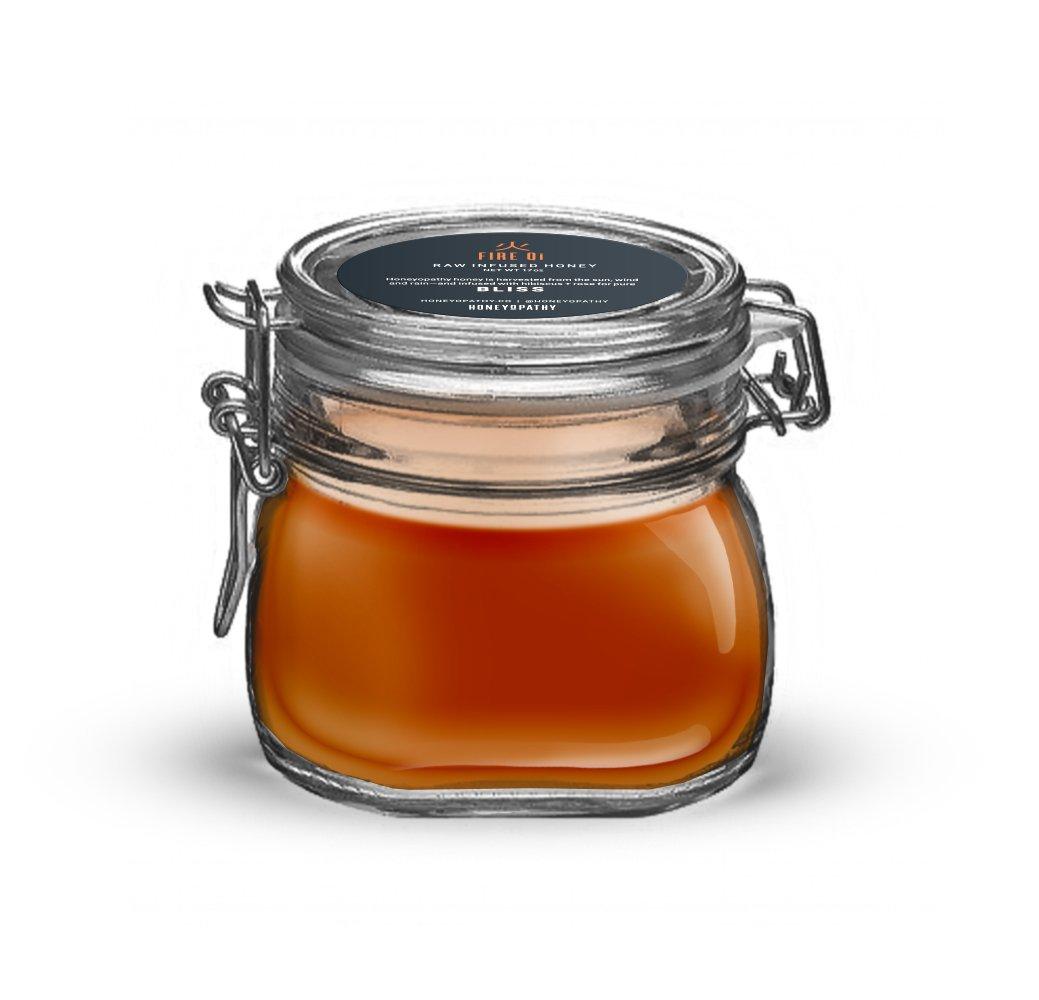
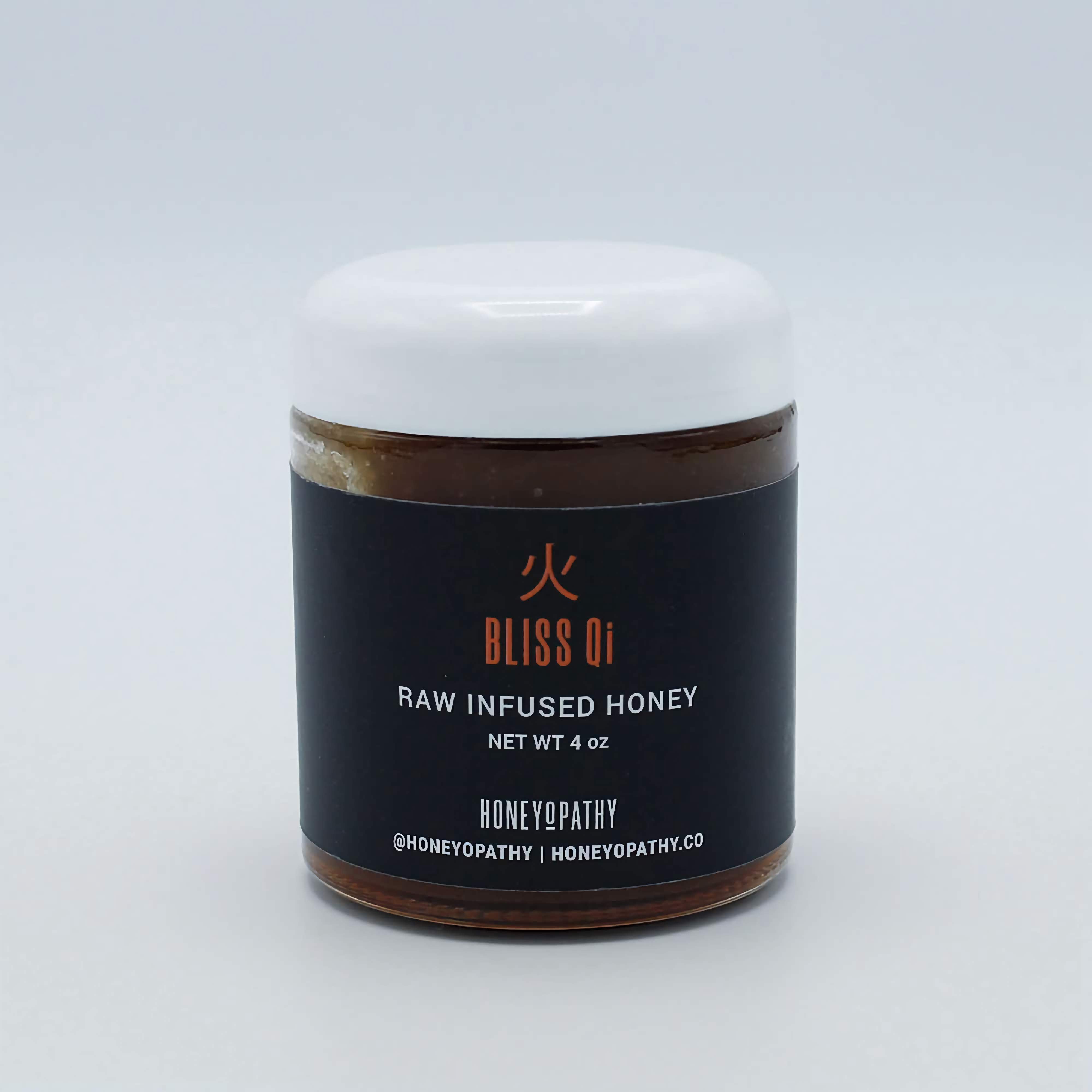




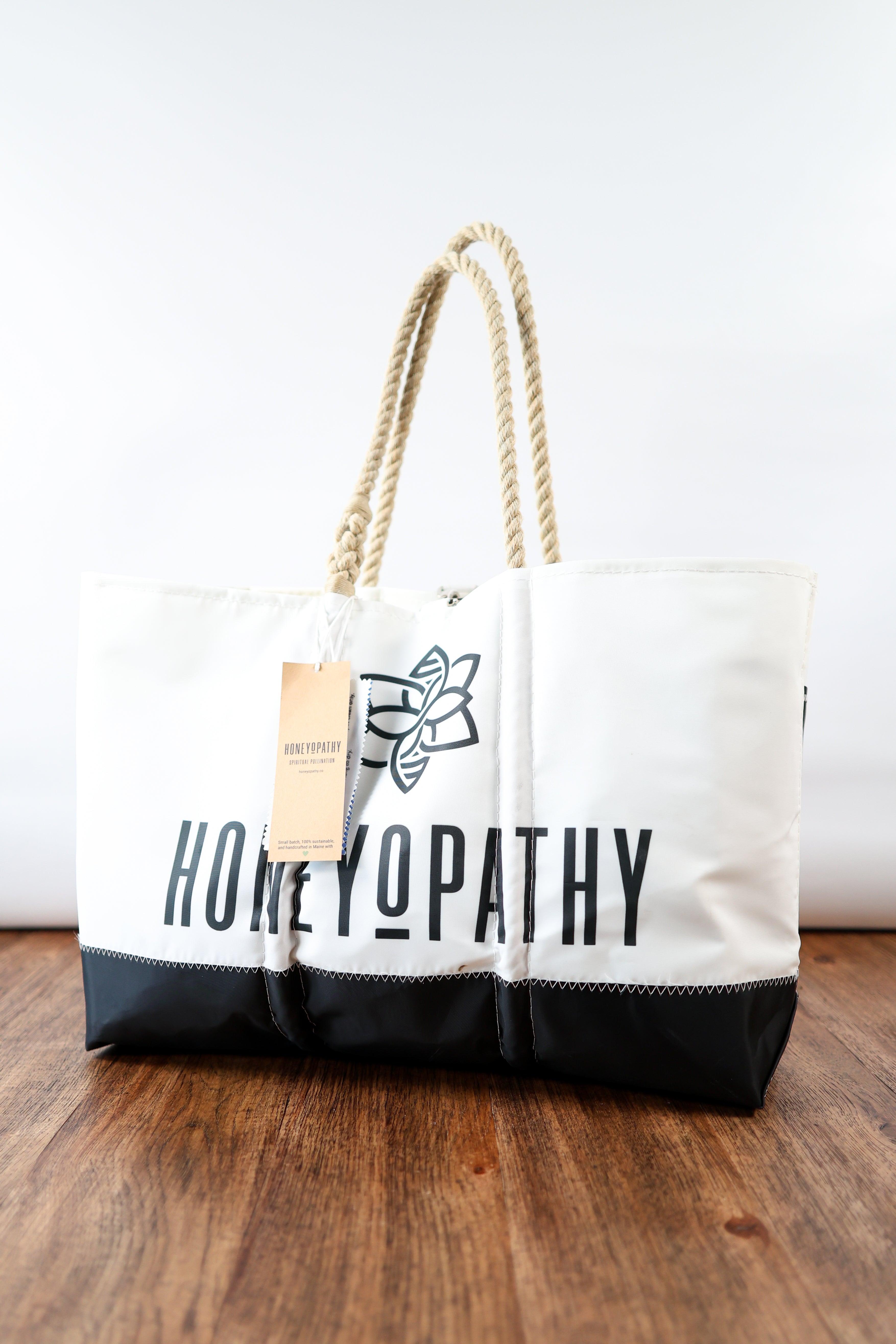
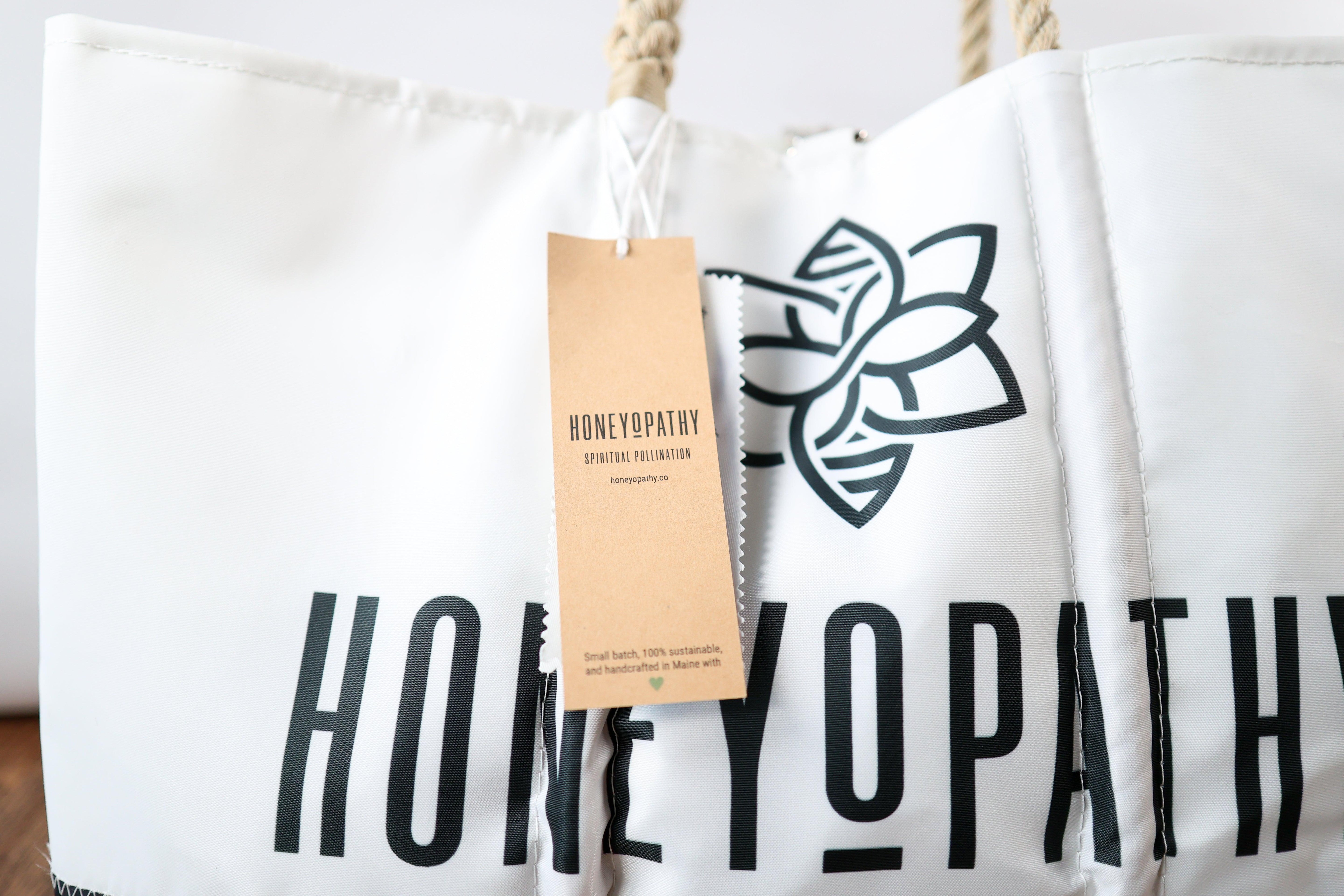

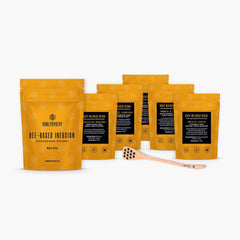


Leave a comment